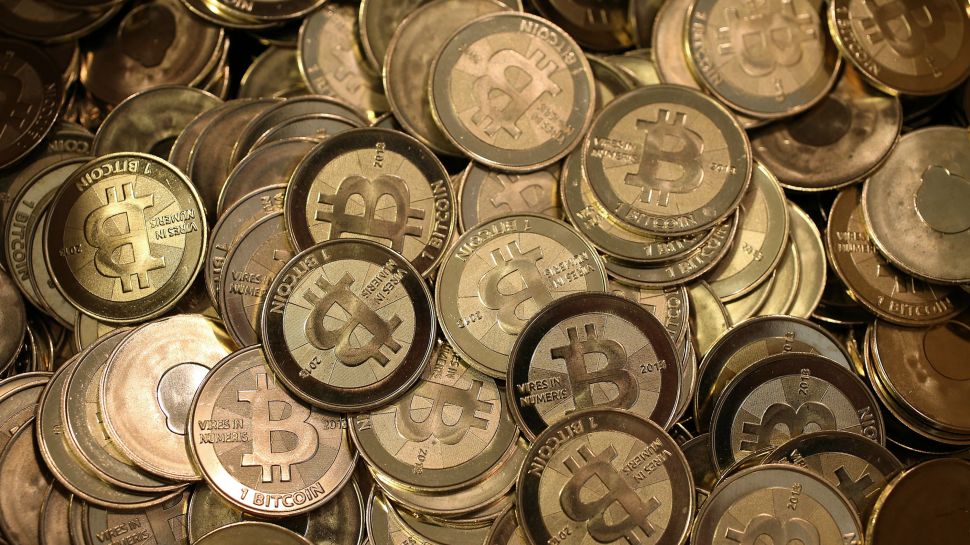
Not because I missed the great run-up (though I did) and not because I fear that the bitcoin bubble will end badly (it will, but that’s not my problem). Rather, it is because I have been waiting for decades for someone to invent a purely digital currency, a currency for online purchases that wasn’t linked to a credit card. It was the killer app that no one ever figured out.
Thus when bitcoin first emerged, I had hoped that it would be The One. In “Digital Gold,” his book about bitcoin’s origins, Nathaniel Popper quotes an email from Satoshi Nakamoto, the cryptocurrency’s mysterious and possibly apocryphal inventor, “I’ve been working on a new electronic cash system that’s fully peer-to-peer, with no trusted third party.”
That’s how all the early bitcoin enthusiasts thought of it — a currency, one that allowed consumers to buy things while sidestepping both the banking system and national governments. What the bitcoin bubble shows, however, is that bitcoin is just another e-currency failure. But I’m getting ahead of myself.
According to the website 99bitcoins.com, there are 89 companies that claim to accept bitcoin as currency, including Subway, the Massachusetts Institute of Technology bookstore, and the Museum of the Coastal Bend in Victoria, Texas. But I can’t imagine anyone actually using it to pay for something. Who would use bitcoin for a purchase when it might go up by $500 in the next 10 minutes? And who would accept bitcoin when it could go down by $500 in the next 10 minutes?
Whatever the original intention, bitcoin has morphed into an asset whose only purpose is speculation. “There is simply no way to predict what it will be worth,” said Pete Kight, a “fintech” (financial technology) investor who founded Checkfree in 1981. That is its fatal flaw as an electronic currency.
Or, rather, that is one of them. The other flaw is the very quality that many of its adherents love most about it: It operates separately from the government’s fiat currency. “I call it the tyranny of brilliance,” said Kight. “When you work in fintech, you often see engineering genius get out of synch with what works in the real world.”
I can imagine that after the bubble bursts, bitcoin will continue to be traded. Maybe a few of the other cryptocurrencies will have similar trajectories (though most will dissolve into nothingness). I can see it reflecting the larger economy in some way, rising in certain environments and falling in others. In the best case, bitcoin might come to be seen as the digital equivalent of gold.
There’s nothing wrong with that. But we’ll have to wait a little longer for an electronic currency that works.
Hi! I am a robot. I just upvoted you! I found similar content that readers might be interested in:
https://www.bloomberg.com/view/articles/2018-01-16/sorry-bitcoin-fans-digital-currency-is-still-a-dream
Downvoting a post can decrease pending rewards and make it less visible. Common reasons:
Submit